- The African Union is now adopting a compromise solution that satisfies all parties.

After the Kinshasa negotiations initiated by the African Union failed to reach any outcome or agreement on the negotiation mechanism and methods of the three countries in the past few days, Egypt and Sudan continued to hold many ideas and choices during the Ethiopian Renaissance dam crisis.
Experts and researchers from Egypt and Sudan believe that the two countries have many ways to resolve this crisis, including pressure from the international community and actors in the region to negotiate Ethiopia, as well as trends in the Security Council, as the African Union has been No progress can be made, so it is difficult to make choices.
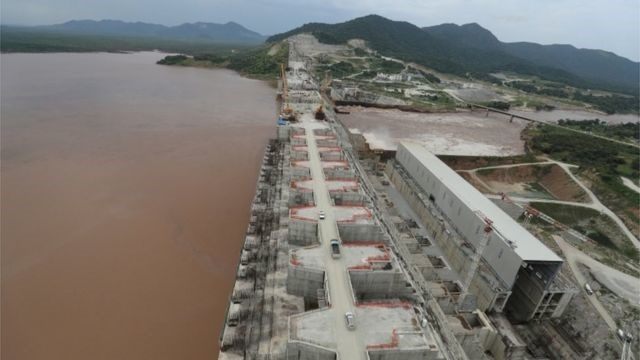
Dr. Armani Tavier, Director of the Africa Program of the Ahram Center for Political and Strategic Studies, said that Egypt, Ethiopia and Sudan have stepped up international efforts to resolve the Enada crisis. He pointed out that the international intervention to promote the negotiations may be Egypt-Sudan to the Security Council. Any foresight to move forward. The Egyptian researcher pointed out that Egypt and Sudan are waiting for the results of international campaign efforts and the development prospects of their stance on Ethiopia’s enhanced interaction.
Although Egypt and Sudan announced that Ethiopia had refused to complete the negotiations in the previous form and abandoned the four-party mediation, Ethiopian Deputy Prime Minister and Foreign Minister Dmitry Mikonen said that Ethiopia is committed to completing the Ennada negotiations only within the framework of the African Union.
No progress has been made in the negotiations
Prior to this, Addis Ababa rejected all alternatives and compromises proposed by Sudan, allowing the international partners of the United Nations, the African Union, the European Union and the United States of America to play a role in facilitating negotiations and mediation between the three parties.
Asmahan Ismail, a researcher at the University of Khartoum, said that in Sudan-Egypt, it is proposed to expand mediation by adding the United States, the United Nations, the European Union and the African Union as mediators in order to reach an agreement to protect the waters of the Nile. After the binding legal agreement on the rights of the three countries, this round of negotiations failed due to Ethiopia’s refusal to mediate.
She explained to the "Alliance" that the planned second filling of the dam in July has increased the tension between Ethiopia and Sudan. She explained that filling the dam without reaching an agreement would be a problem for Egypt. It poses a serious threat to Sudan and is regarded as a threat to its national security. He pointed out that Egypt and Sudan’s choices are many and varied. The first is to apply pressure through influential countries in the region and the international community to require them to accept the requirements of Egypt and Sudan. He explained that the second choice is Pressure is applied through the International Court of Justice and the Security Council, but the severity of this trend shows that it takes a long time, and the resolution of the second trend only takes three months, which means that it is currently possible to solve the problem through international institutions. Slow, unable to solve an urgent problem immediately.
A researcher from the University of Khartoum said that talking about options or military intervention is very dangerous for the three countries and the entire region. He explained that political and diplomatic solutions are best through influential countries and form an imposing force on Addis Ababa. The tool of pressure forces it to accept mediation, safeguard the rights of all people in the Nile waters, and avoid any political, economic or social losses in the three countries. Editor/Xu Shengpeng
Comment
 Praise
Praise
 Collect
Collect
 Comment
Comment
 Search
Search


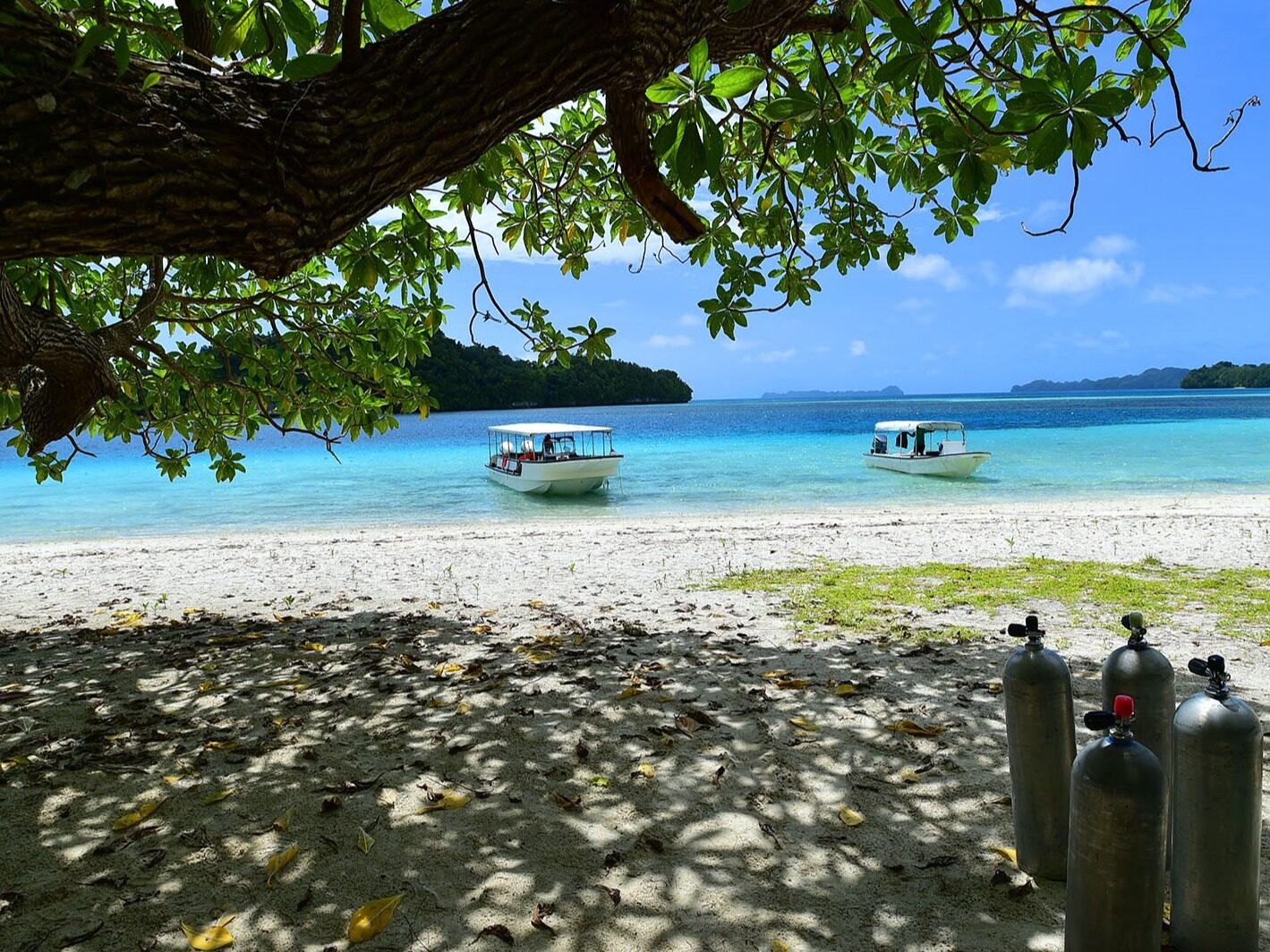
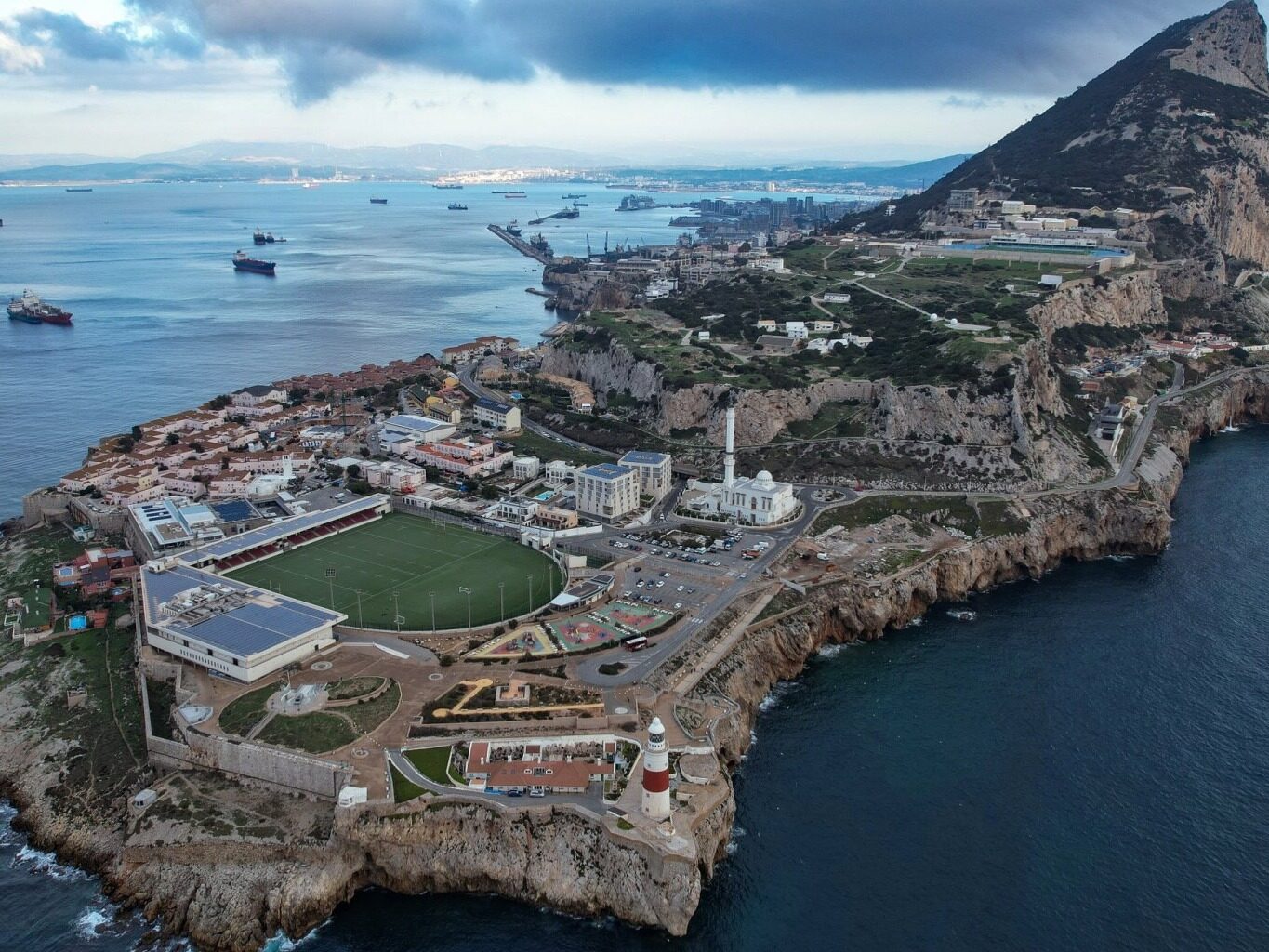
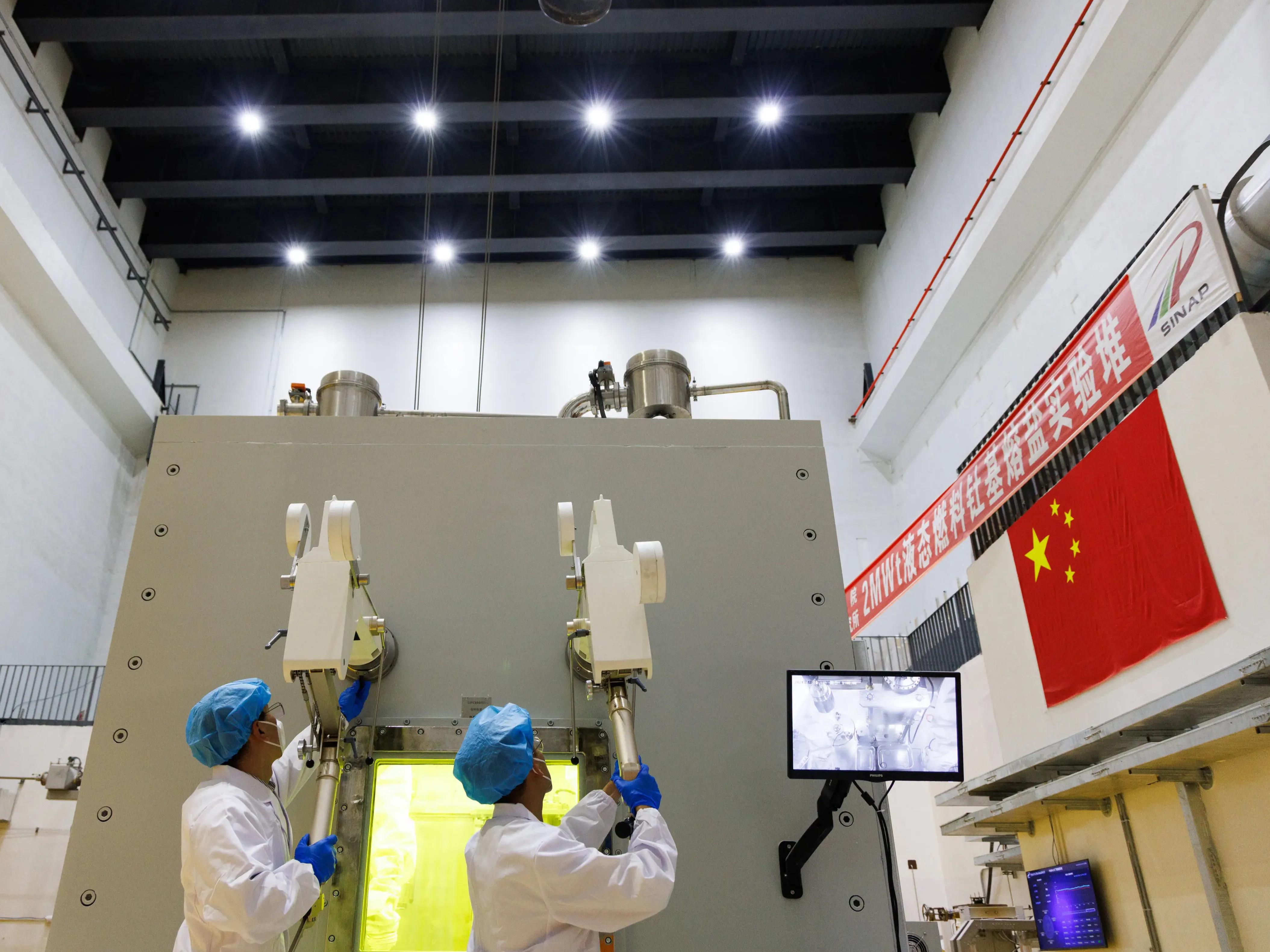


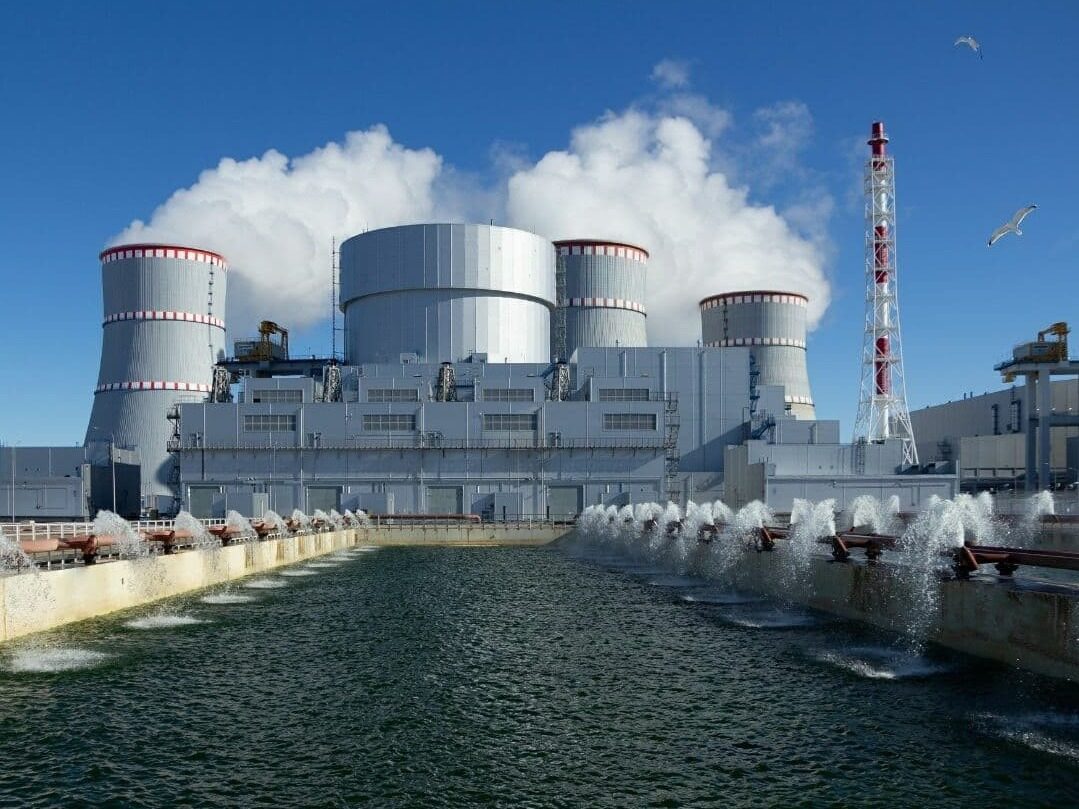






Write something~